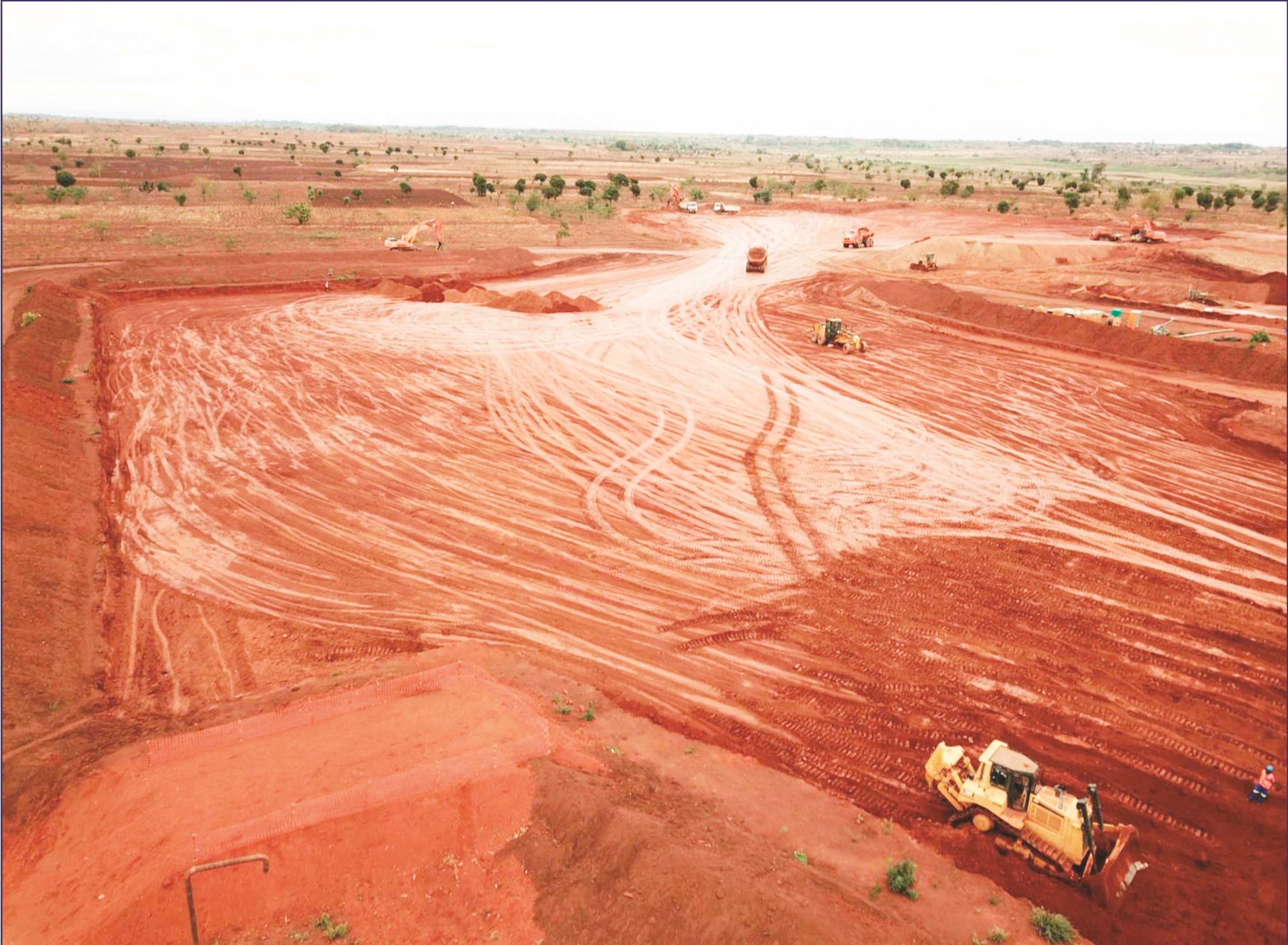
Mining
Sovereign Metals Completes Successful backfilling of test pit at Kasiya Project
January 21, 2025 / Modester Mwalija

Test pit bsckfilling
ASX-listed Sovereign Metals has announced that it has successfully completed backfilling of a test pit at its Kasiya Rutile-Graphite Project in Lilongwe, Malawi, marking a significant milestone in its Pilot Mining and Land Rehabilitation Program.
In a statement, Sovereign Metals MD Frank Eagar explains that this achievement sets the stage for on-site soil remediation and land rehabilitation activities, aimed at ensuring sustainable farming post-mining operations.
“The successful backfilling of the test pit has confirmed our understanding of the Kasiya orebody and provides valuable data for our Optimisation Study. Now we have moved on to rehabilitation, demonstrating to local communities how we will progressively mine, backfill and rehabilitate land during operations,” he says.
Eager also says that the test pit, in which work involved mining 170,000 cubic meters of material using a conventional excavator fleet, was backfilled to its original ground level in less than two months, which made it possible for the farmers to return to their land.
“The successful return of farmers to their land within such a short space of time and without missing a single planting season after mining and backfilling will build on our positive community relationships and demonstrates the company’s commitment to minimizing disruptions to local livelihoods.” Eagar says.
He explains that the farmers will benefit directly from Sovereign’s conservation farming initiatives, as the strategy involves a detailed five-step process in agronomic principles, with a focus on promoting sustainable farming practices.
“Step one began with the application of locally sourced dolomitic lime to improve the naturally low pH levels of the soil. This was followed by step two which was augmenting the mined area with organic carbon and essential nutrients using biochar and fertilizers, including potash, phosphate, and nitrogen blends. In step three, Lime, biochar, and fertilizers were then incorporated into the soil through grading, ripping, and dicing using locally sourced farming equipment, ensuring the land is level and safe for farming,” explains Eager.
He further highlights that for the fourth step, the company planted rehabilitation crops to maximize the benefits of the summer rainfall. Giant bamboo was introduced in blocks to enhance soil carbon and bioactivity, while maize and other cover crops were intercropped in formalized farm blocks to provide immediate farming opportunities for local communities.
He says for the last step, Sovereign will monitor soil remediation, crop yields, and plant growth, working closely with local farmers to improve results through conservation farming techniques, composting operations, and testing new seed varieties. An indigenous, fruit, and farming nursery is also being established as part of this initiative, serving as a live demonstration of rehabilitation and the timely return of land to pre-mining use.
The completion of the backfill and ongoing land rehabilitation at the Kasiya Project marks a key step in Sovereign Metals’ Pilot Program. These efforts aim to balance mining with sustainable land use and the results will help show how well such approaches can work for communities and the environment in Malawi.































